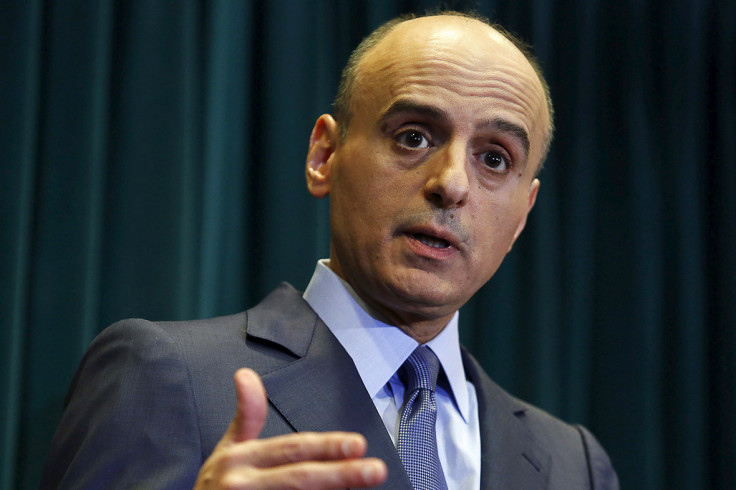Saudi Arabia: Who is new foreign minister Adel al-Jubeir?

Saudi Arabia's new foreign minister Adel al-Jubeir may be a 35-year veteran diplomat who is fluent in three languages but he still has significant boots to fill.
His predecessor Prince Saud Al-Faisal was the world's longest serving foreign minister, holding his post for 40 years, and was only replaced in 2015 due to his rapidly failing health.
Jubeir, 53, is also one of very few senior Saudi ministers – and the first to head the foreign ministry – to come from outside the country's royal family, and as such does not have the kin ties that the familial link to founder Ibn Saud provides.
Born in Riyadh in 1962, Jubeir was educated in Germany, Lebanon and the US before taking up the post of special assistant to the Saudi ambassador in Washington in 1987. He was made ambassador to the United States in 2006.
He takes up his post as foreign minister at an extremely difficult time for the kingdom, fresh from its war in Yemen and at a time of increasing hostility between Riyadh and its regional rival Iran.
King Salman, who took power on the death of his brother, Abdullah, in January has surprised some observers with an extremely hands on attitude to foreign policy – wading into Yemen as the Houthi rebels threatened Aden in March.
The air strikes have been toned down since Saudi Arabia announced the end of Operation Decisive Storm, but Riyadh is still backing forces loyal to deposed president Abdrabbuh Mansour Hadi in its war town neighbour.
It will be Jubeir who will be tasked with pushing this more active policy on the world stage as well as selling it in the global corridors of power. His background in Washington and fluency in German and English will no doubt benefit him in this regard, as will his experience as career diplomat.
"Adel al-Jubeir [has a] media friendly personality popularity in the United States. The Saudis [are looking] to reinvigorate their flagging influence in Washington DC, and strengthen their line into Western capitals," wrote Michael Stephens, a research fellow for Middle East studies and head of the Royal United Services Institute (RUSI) in Qatar, on Al Jazeera today.
King Salman made a number of a major changes to succession overnight on 28 April, sacking Prince Muqrin bin Abdul-Aziz as Crown Prince and replacing him with his nephew, Mohammed bin Nayef. If Nayef becomes king, it will be the first time Saudi Arabia has been ruled by a grandson rather than a son of Ibn Saud.
"These are serious changes that will have repercussions not only domestically but also internationally," Khalil Jahshan, the executive director for the Arab Center of Washington, told Al Jazeera.
"This is a very decisive answer by King Salman to the doubts that many experts have expressed since he came into power with regards to his health, his decisiveness and his control over political matters in the kingdom."
Also of note was King Salman's appointment of his 30-year-old son, Mohammed bin Salman, as deputy prime minister and second in line to the throne. Mohammed has been prominent during the Yemen war as defence minister and it has long been suspected the king was grooming him for the future role.
© Copyright IBTimes 2025. All rights reserved.





















